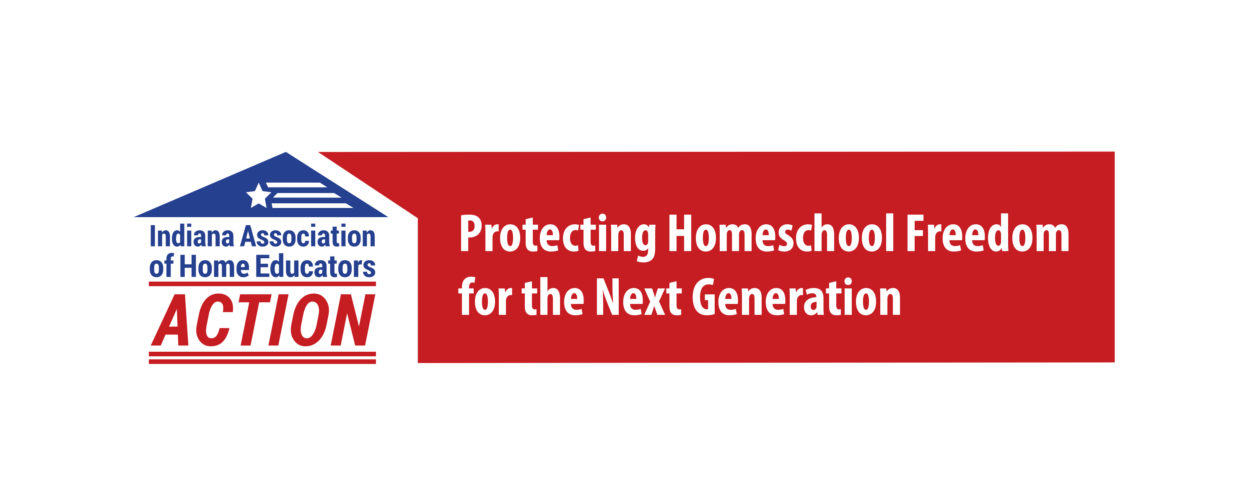The original post by Jacob G. Hornberger may be found on The Future of Freedom Foundation blog. Republished with permission. Once upon a time, some conservatives used to call for the abolition of the U.S. Department of Education. Lamentably, conservatives today celebrate when a “free-market advocate” like multimillionaire Betsy DeVos is appointed U.S. Secretary of Education,…
Tag: school choice
Education Liberty versus School Choice
Our friends at Nevada Homeschool Network were forced to aggressively defend their homeschool law in 2015 when School Choice advocates attempted to use it as the vehicle for Education Savings Accounts (ESAs). They fought for many years to remove onerous homeschool regulations in Nevada, so they now must protect the liberty they have gained. They…
Maintaining the Integrity of Home Education
Indiana Association of Home Educators (IAHE) and IAHE Action protect Hoosier parents’ autonomy to direct the education and upbringing of their children. We know one of the biggest threats to our liberty is entanglement with government funding. When we hear of the government trying to “help” homeschoolers, we are very cautious as not to jeopardize our…
